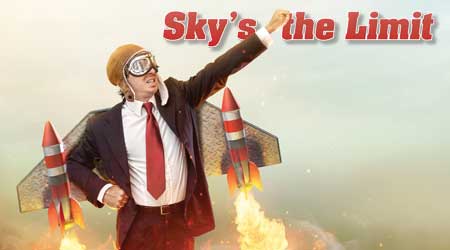Why Professional Development is Worth the Effort
Career development is difficult, but the benefits accrue not just to yourself, but to your team and even the FM community at large.
While the benefits of professional development are numerous for both the individual and the facility management team, professional development is not without challenges. To begin with, for adults with full-time jobs and full-time lives, the time demand of pursuing a credential or a degree is not insignificant. Dunoff estimates it takes about 60 hours of class time plus 60 to 80 hours for study and testing for a credential. It's a lot of work, she says, but she tries to make her classes modular to make the time pressure more manageable. "I joke with my class at the beginning to talk to their family that this is not forever," she says. "This is four months that mom or dad needs to be left alone a little bit more."
The impact to the facility team of members being gone for training is also not insignificant. Cooper mitigates that impact by giving her managers months of notice so they can know to avoid starting a demanding project at a certain time, or otherwise work out the schedule.
The financial cost for the individual can also be significant. Some employers provide tuition reimbursement, or pay for the training up front. Absent that, facility managers will be left footing the bill. While Lackner was able to achieve his undergraduate degree and certifications with a tuition reimbursement program, his master's required taking out student loans. "You really have to look at how much is this degree going to cost me and what is the salary that I could make to recover those costs," he says. "You have to figure that out."
Career development benefits the individual and the team in your facility, but also the larger facility management community. For example, collaborating and networking can also extend to sharing educational resources. "Everyone tends to look at themselves as so unusual and so unique that they work in a silo," Cooper says. Thankfully, the industry is getting better about reaching out to other organizations. She says five or six organizations reach out to her regularly to ask what the Smithsonian is up to. "I'm not keeping it a secret,” she says. “If they want to pay, they can even send their own staff to sit in on the class and see what we're doing."
Given the gaps looming in the industry for qualified people at various levels of the organization, it behooves any facility manager to start working now on career development options for themselves and their team. "You need to be putting something in place for your folks to have a path to work on," Cooper says.
Email comments and questions to naomi.millan@tradepress.com.
Related Topics:














